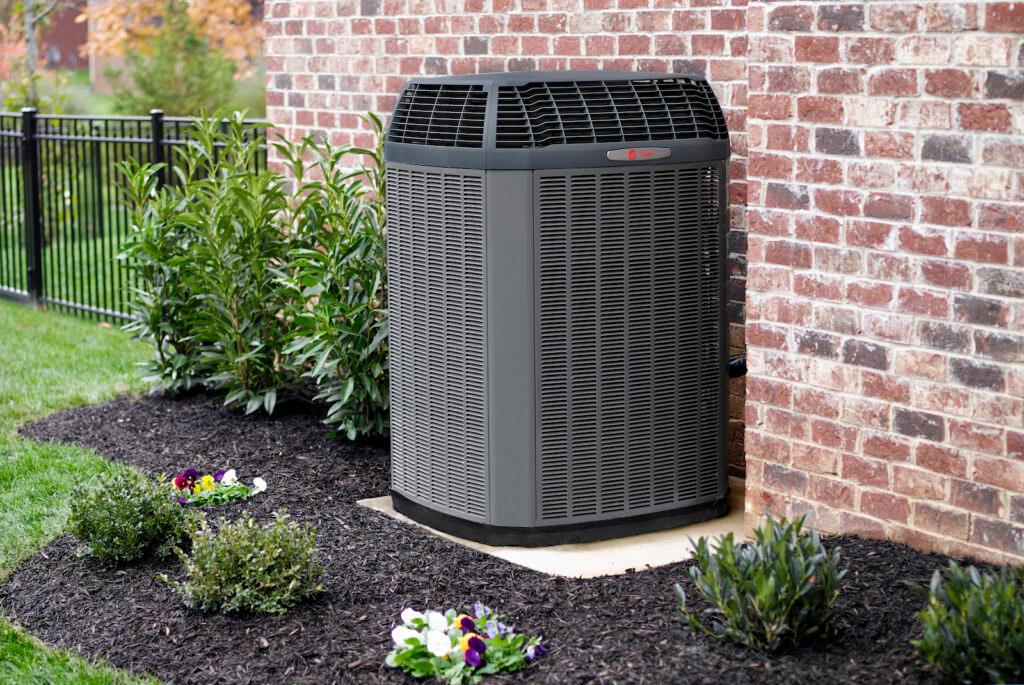Electrification6min read
5 Misconceptions About Heat Pumps
Heat pump system purchases are on the rise, with smart homeowners looking toward more energy-efficient options.

Heat pump system purchases are on the rise, with smart homeowners looking toward more energy-efficient options.

Getting Started Guide
Learn helpful HVAC tips and tricks before you purchase your system.
Warranty & Registration
A healthy HVAC system can last longer and save money. Maintain your system with these tips.
Dealers can answer questions, help you find the right products for your home, and repair your system.
Connect with our Customer Care team about your products, warranties, and dealer concerns.
Available Monday – Friday from 7am to 5pm CST
A phone